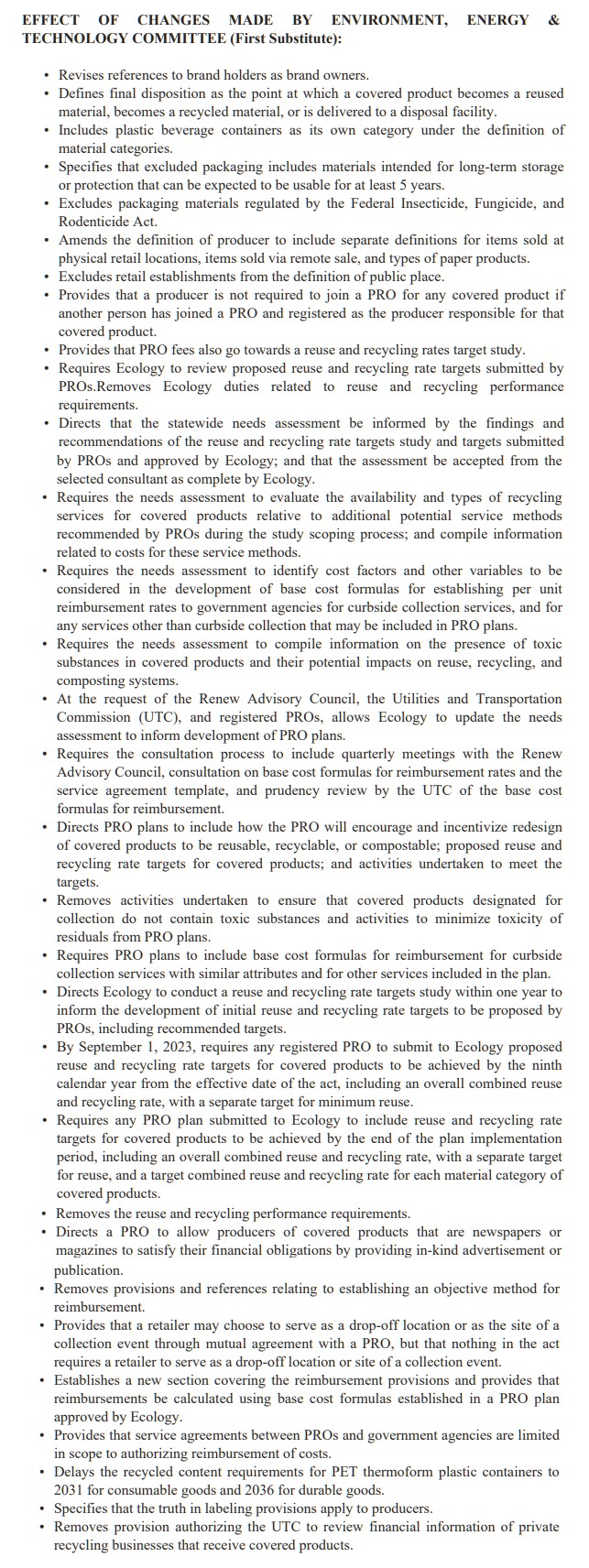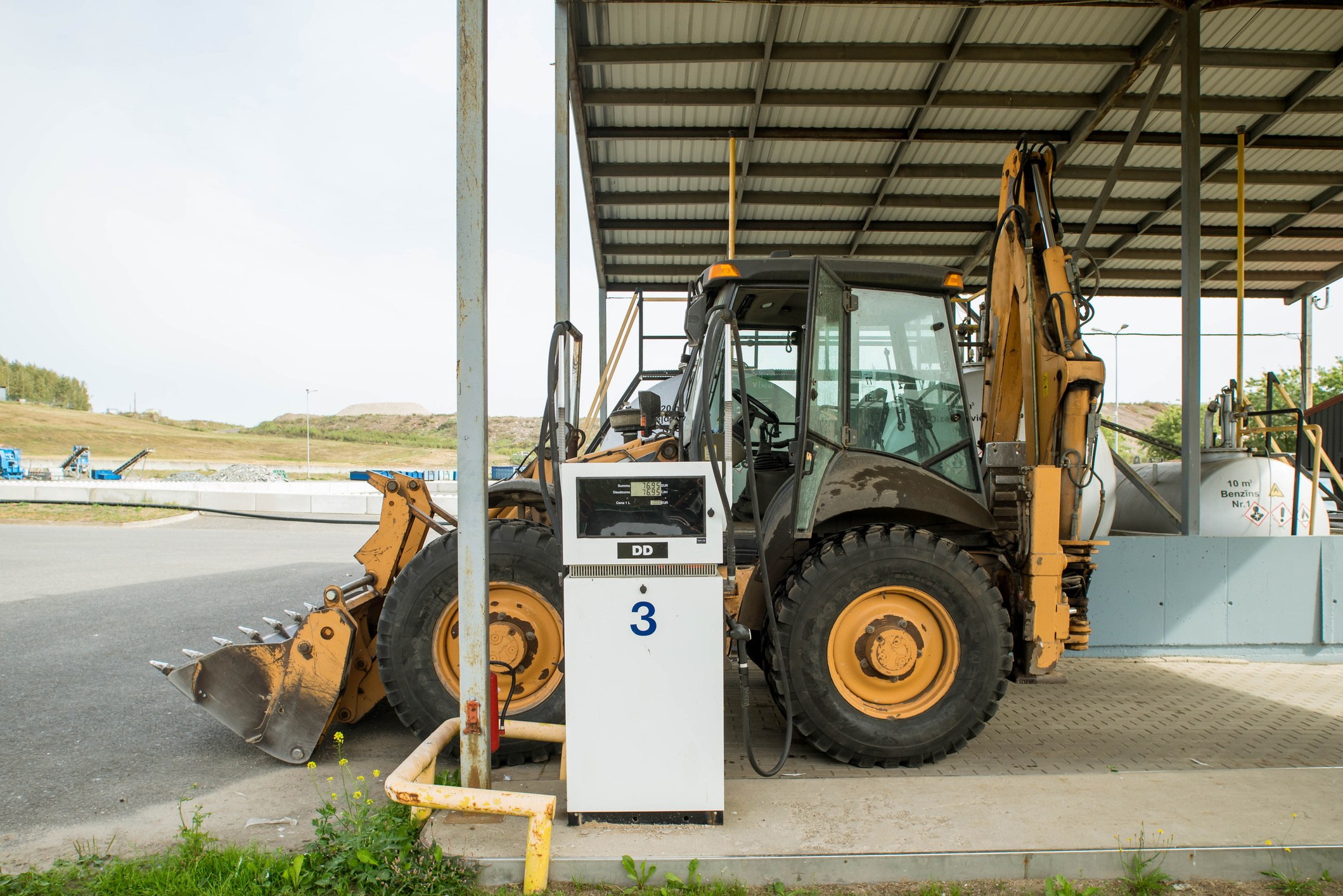 “Sentence first, verdict afterwards.” The Queen of Hearts in Alice in Wonderland would find a lot that is familiar with SB 5697, legislation that creates a government program intended to increase rates of recylcing and would allow the Department of Ecology to begin collecting taxes before officials know whether the program will even help the environment.
“Sentence first, verdict afterwards.” The Queen of Hearts in Alice in Wonderland would find a lot that is familiar with SB 5697, legislation that creates a government program intended to increase rates of recylcing and would allow the Department of Ecology to begin collecting taxes before officials know whether the program will even help the environment.
The bill sponsors admit that their motivation is the failure of an arbitrary goal set by a previous legislature. The intent section concedes, “that Washington is not on track to meet the statewide goal of 50 percent waste recovery established in 1989.” Having failed to meet a politically set goal (that is conveniently divisible by 10), legislators are now pushing to create a new bureaucracy in the hopes that it will achieve new recycling goals.
What are those new goals?
What are the environmental benefits of the legislation?
What are the costs to meet those theoretical goals?
Nobody knows, including the bill sponsors.
 The legislation instructs the Department of Ecology to:
The legislation instructs the Department of Ecology to:
- Study “the annual costs to implement, administer, and enforce” the law
- Determine fees paid by the organizations covered by the legislation
- Create a “needs assessment,” completed by 2024, that would determine
- What level of recycling is feasible
- What it would cost
- Criteria for what items are recyclable
- “How the state's recycling system can be managed in a socially just manner”
- The impact of materials on litter and marine debris
- How the legislation could impact litter and marine debris
- Information and data gaps that make this assessment difficult
- Set new “reuse and recycling rate targets”
- Determine how to implement the law, including rules necessary for enforcement, annual reporting requirements for covered entities, third-party auditing, and a process for revising and updating plans
Put more simply, the sponsors of the legislation don’t know what level of recycling is feasible, don’t know the costs, don’t know how much to tax organizations covered by the law, don’t know the environmental benefits, don’t know how it will impact people, and don’t know how to enforce it. The bill simply says those things will be figured out later, after the bill is adopted and the costs have already been imposed on the people of Washington.
What happens if, after the bill has passed the legislature, the assessment determines that recycling rates should increase only slightly or that the cost to increase recycling rates is very high? Will the Department of Ecology recommend laying off employees and closing the program? Will the legislators who sponsored the bill admit it was a mistake? Obviously not.
The evidence of how slipshod the 77-page bill was drafted can be found in the changes that have already been made to the bill less than a month after it was introduced. The list runs two pages in the Senate bill report on the proposed substitute, which was offered on the same day the bill was voted out of committee.
Making environmental policy on the fly, without any idea of costs or benefits, is simply reckless.





